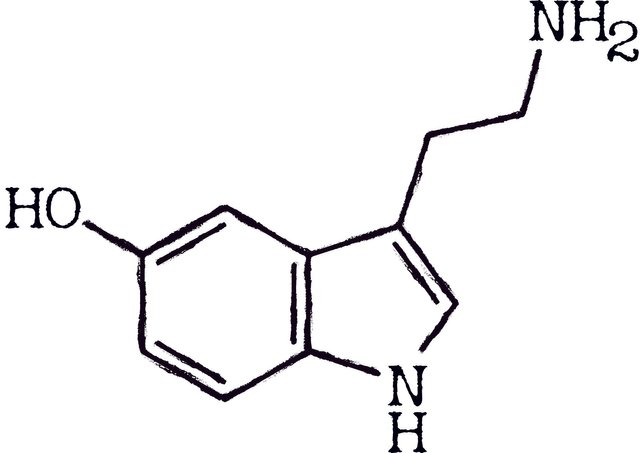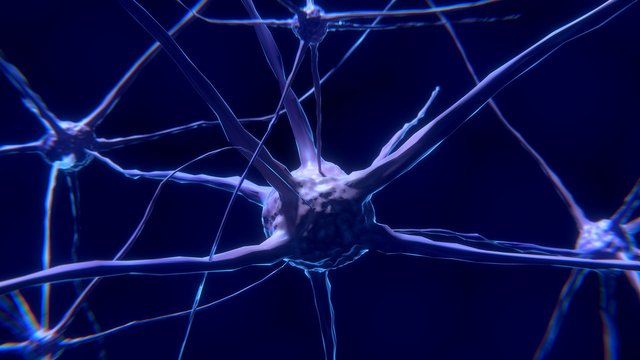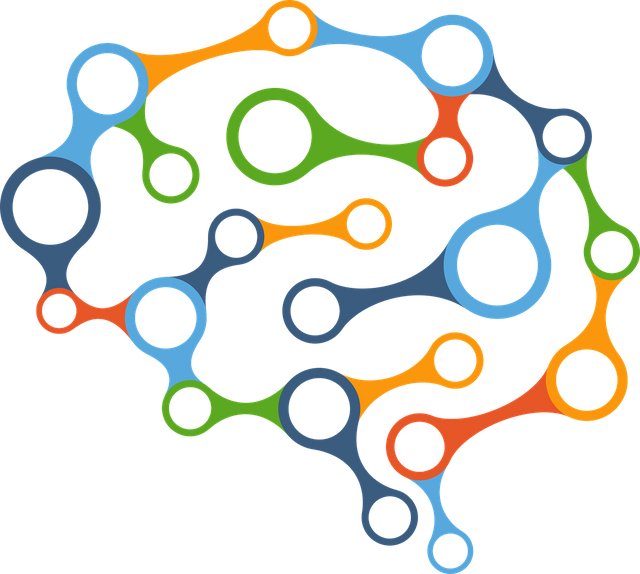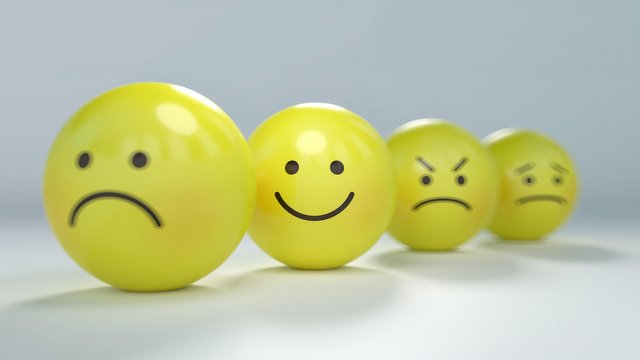A SHORT-LIVED RIDE TO HAPPINESS
Last week, we celebrated Ben. For over half of a decade, Ben was the only child a young couple had. Although growing up in an inner city in Lagos had its challenges, Ben basically had everything he wanted - affection, attention, toys, books, places to be and so on; at least most of them. Both parents gave him all they had, but it came with a price. Ben's mother (my aunt Jecintha), was a daunting and overprotective mother; a downside Ben couldn't handle. Reports of 'hit and runs' involving cycling kids as victims had grown at that time. So she totally ruled out all chances of Ben having a bicycle, when he was old enough. Ben's peers had always told him about the rush of excitement and freedom that came with cycling - an experience he'd never have. I'm sure you'd understand how that felt, but I must say; where I'm from, you don't want to go against your Nigerian mother. They don't take "silly" from nobody.
At 17, Ben and his much larger family traveled to the east of Nigeria to spend the Yuletide with members of the extended family, which included me. As a matter of fact, me tagging along happened to be a tradition back then. Fortunately enough, or should I say unfortunately, Ben came upon an old bicycle and it all came rushing back to him; the eagerness to experience that burst of happiness and freedom he had missed out on as a kid. A few turns inside the compound he was convinced he was capable, so he rode out into the busy road. Few metres away from the house, Ben was speeding like a bullet; his moment of bliss and freedom. He hadn't noticed another speeding vehicle emerging from a corner. Luckily, it missed him by a hair breadth. He lost control of the bicycle. Sadly, the brakes were gone too. He rode straight into a stump and dived straight into a tree. Ben suffered a Traumatic Brain Injury (TBI). And then depression set in. Thinking about Ben made me wonder about the science of happiness ; a thought that inspired me to write this article.
The Happy Chemical: Serotonin

Serotonin molecule
pixabay
Sadly, following Ben's traumatic brain injury and depression, he was placed on an antidepressant regimen called selective serotonin reuptake inhibitor (SSRI) . This, according to the answer I got, was to increase the serotonin level in his brain. Serotonin or 5-hydroxytryptamine (5-HT) is a hormone and a neurotransmitter. Just like any other neurotransmitter, serotonin is believed to help relay signals from one area of the brain to another along nerve cells. With that being said, research studies have shown that one of the most outstanding impact of serotonin is its contribution to feelings of well-being and happiness. This explains its common name 'Happy chemical'.
Biochemically, serotonin is made through a unique conversion process (hydroxylation and decarboxylation) that begins with the amino acid; tryptophan. Cells that make serotonin use a chemical reactor (enzyme) known as tryptophan hydoxylase. This enzyme is what facilitates the conversion of tryptophan to 5-hydroxytryptamine. Well, I hope that was precise enough to not bore you. Anyways, although serotonin is manufactured in the brain where it performs it's primary functions; studies have proven that some 90% of serotonin supply is found in the digestive tract and in blood platelets. Now, out of curiosity, you could wonder if, its presence in the digestive tract account for the happiness and satisfaction one experiences after a nice meal. I'm sure you'll get the answers to your questions as we move ahead.
Back to the subject matter at hand. In recent years, scientists have found that gut bacteria helps to produce serotonin. However, it is not yet clear whether or how an alteration in gut serotonin levels influence brain activity. All the same, some researchers have postulated that the serotonin in the gut may stimulate the vagus nerve that connects the digestive tract to the brain. Personally, I choose to 'buy' that postulate, as it seems rational enough. At the same time, just like me, I'm pretty sure you're more interested in knowing what serotonin does.
Functions of Serotonin

pixabay
Interestingly, in terms of physiological function, serotonin can also affect the functioning of the cardiovascular system, muscles and various elements in the endocrine system. Also, Serotonin helps control bowel movement. That's not all; since it is a precursor to melatonin that helps regulate the body's sleep-wake cycle, you'll agree with me that it has a role to perform in "sleeping". In addition to other functions, serotonin contributes to the formation of blood clots through vasoconstriction or narrowing of the blood vessels. Well, is it just me or are all it's physiological functions geared toward relief ?
As much as I was interested in knowing what serotonin does, I was more interested in knowing how it affects brain activity, so...
Serotonin and Brain Activity

pixabay
Because of the widespread distribution of brain cells, serotonin is believed to influence a variety of psychological and other body functions which are complex and multifaceted. These functions include modulating cognition, reward, learning, memory, sexual desire and function, appetite, sleep, temperature regulation and some social behaviour. It might interest you to know that of the approximately 40 million brain cells, most of them are influenced either directly or indirectly by serotonin. Surprisingly, increased levels of serotonin have been associated with sexual dysfunction. No one wants that and you wouldn't agree any less now, would you?
Depression: A Serotinin Effect?

pixabay
There are many researchers who believe that an imbalance in serotonin levels may influence mood in a way that leads to depression. Possible problems include; low brain cell production of serotonin, a lack or damage of receptor sites able to receive serotonin (as in TBI), inability of serotonin to reach the receptor site, or a shortage of tryptophan. If any of these biochemical glitches occur, researchers believe it can lead to depression, as well as obsessive compulsive disorder, anxiety, panic and even excess anger.
Final thoughts

pixabay
While there's a link between low levels of serotonin and depression, it's not clear whether low serotonin levels cause depression or whether depression causes a drop in serotonin levels. Although there are ways to measure the level of serotonin in the blood, there are no feasible existing methods yet for measuring serotonin level in the brain. Well, I guess that leaves us not too far from where we were. Nonetheless, I'd advice we always strive to stay happy; naturally or by use of antidepressants ( if needed ). Even though, Serotonin and antidepressants are non-addictive, happiness seem to be.
Anyways, last week we celebrated Ben's 21st birthday. He's been off the antidepressant regimen for a very long time now and seems to be very happy. I guess in the end we are all suckers for happiness; happy moments and happy endings.
Thanks for stopping by. See you next time!
To read more on this topic, check out the following REFERENCES.
Serotonin: what to know from everydayhealth.com
Serotonin from wikipedia.org
Serotonin and depression: 9 questions and answers. Retrieved on the 17th January, 2019
Serotonin: facts, uses, SSRIs and sources. Retrieved on the 17th January, 2019
Images are from pixabay all licensed under creative commons and eligible for commercial use
